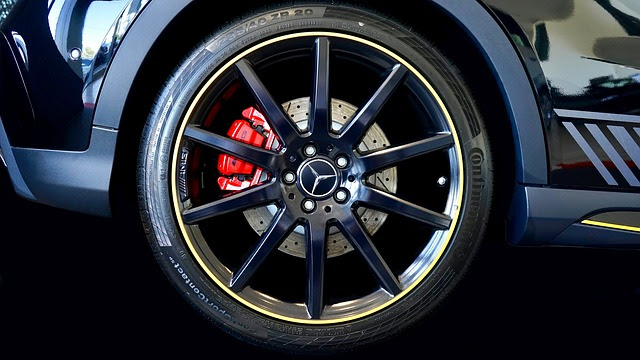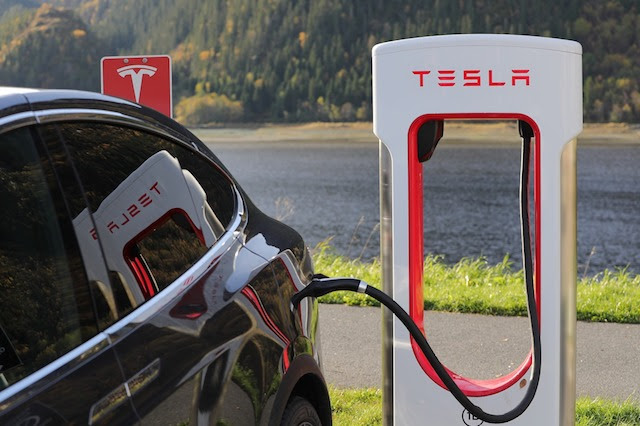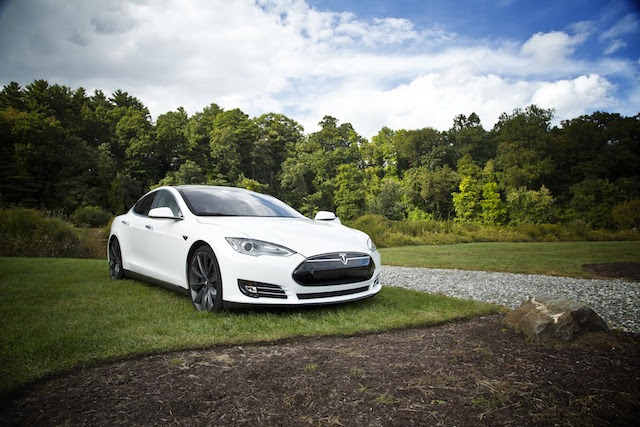 Back to the future: Three advantages that electric cars have over your existing vehicle…
Back to the future: Three advantages that electric cars have over your existing vehicle…
ClickMechanic, an online automotive marketplace, have looked in detail at the emergence of electric cars, and the beneficial differences from the standard diesel/petrol cars that largely dominate the automotive marketplace.
The UK electric vehicle marketplace is growing, with new vehicle registrations increasing from 3,500 in 2013, to more than 195,000 as of the end of January 2019. The shift is slowly beginning, but how will this impact drivers – and what benefits will they derive from making the switch to an electric car?
Longer lasting brakes
Electric cars will be able to get more mileage from their brakes as opposed to their fossil-fuelled counterparts. This is because electric vehicles favour a regenerative process in braking, which puts the vehicle’s electric motor into reverse mode, slowing the car’s wheels. Typically, a petrol or diesel powered car uses friction braking, pressing the vehicle’s brake pads against the brake rotor. This induces more wear-and-tear, and with the average cost of front brake pad repairs in London totalling £107, it is money that could be well-saved by electric-car owners.
The braking on electric vehicles could save you money, due to their operating mechanisms.
Cheaper servicing costs
An electric car has considerably fewer moving parts in its drivetrain, which means that less maintenance is required. The costs of servicing a fossil-fuel powered car’s engine can add up over time, with oil, oil filters, cooling systems and belts (to name a few) all requiring regular upkeep. This can run into the hundreds of pounds, and electric car maintenance is a clear winner here.
Servicing an electric vehicle costs less due to the fewer amount of moving parts.
Environmental and health benefits
It is widely known that the emissions from gas-powered cars can have a very detrimental effect on our health and the environment that we live in. With road transport responsible for 80% of nitrogen oxide emissions, the Clean Air Strategy 2019 outlined by the government stated that the aim was to be zero-emission by 2040. Electric cars fall into that zero-emission category, and will ultimately be at the forefront of vehicle production for years to come.
Electric cars fall into the zero-emission category, which greatly benefits our planet.
Co-founder and CEO of ClickMechanic Andrew Jervis said: “It’s clear that the demand for electric cars is growing and drivers can benefit exponentially from this. From lower servicing costs, to a carbon footprint reduction, cars of a purely electric nature have a potential great deal of appeal to drivers in the UK, and could potentially shape the market for years to come”.
Notes about ClickMechanic; they tell us:
- Founded in 2012 by Andrew Jervis and Felix Kenton, ClickMechanic is an online marketplace for car repair, making it quick and easy for drivers to get online quotes and book a vetted mechanic.
- The company was awarded the Best Tech Product of the Year, Product Innovation of the Year and the Extra Mile Award in 2017 at the Workshop Power Awards.
- ClickMechanic has licensed millions of industry standard manufacturer labour times to build an instant, real-time online quoting engine (the first of its kind in Europe).
- Air emission statistics taken from Gov.Uk’s Clean Air Strategy 2019 handbook.
- Brake pad average cost in London taken from ClickMechanic own statistics database from Jan 2018 to Jan 2019.
Kim adds:
All the above points are entirely relevant and sometimes not even considered by potential car buyers; they certainly need to be taken into account if considering the purchase of an electric vehicle.
However, it is worth pointing out that…
The additional premium required (often many thousands of pounds) to buy a new electric vehicle also needs to be taken into the cost-analysis equation, i.e. additional price versus lower maintenance costs.
In addition… Of course electric cars are ‘zero emission’ vehicles in terms of the emissions emitted when driving, so are helpful in keeping the air ‘fresher’ and safer in the areas in which they are used. However, it also needs to be borne in mind that the electricity required to operate these cars has to be produced somewhere – and current sources are not all environmentally-friendly.